Understanding the Impact of Reforms, Inflation, and Financial Stability on Nigeria’s Economy
The third quarter of 2023 brought about significant changes in Nigeria’s economic landscape, with the effects of ongoing reforms starting to make an impact. In this article, we’ll break down the key highlights from the Central Bank of Nigeria’s Economic Report and explore the implications for businesses, consumers, and the overall economic outlook.
Reforms Start to Bite as Economy Slows in Q3
During Q3 2023, business activity in Nigeria experienced a slowdown attributed to the effects of ongoing reforms.
The Purchasing Managers’ Index, a measure of business confidence, dropped from 50.4 to 45.5. This decline was primarily due to increased costs for businesses following the removal of fuel subsidies. As a result, the government felt the need to make significant changes, impacting both businesses and consumers.
Inflation Soars as Fuel Subsidies Removed
The removal of fuel subsidies had a direct impact on inflation, which rose from 22.79% to 26.72%. The price of petrol more than doubled, leading to higher transportation and production costs that, in turn, affected consumer prices, particularly in the food sector.
This shift in pricing dynamics highlighted the challenges associated with reform implementation and the need for careful economic management.
Government Finances Improve Slightly but Debt Stays High
Despite the economic slowdown, there was a slight improvement in the government’s finances in Q3. While revenue from oil production decreased, non-oil revenue saw an increase, driven by higher income tax, customs duties, VAT, and dividends from state oil companies.
However, the country continued to grapple with high debt levels, standing at over 40% of GDP.
Economic Indicators
- Banking System Stability: The banking system remained stable, with an increase in lending to businesses. Although interest rates rose slightly, they remained affordable for most borrowers. The stock market performed well, bolstered by strong half-year profits from companies and new share listings. Additionally, foreign investment saw an uptick, particularly in stocks and government bonds.
- Exchange Rate and Foreign Reserves: The naira faced a devaluation against the US dollar, averaging 764 naira per dollar compared to 511 in the previous quarter. This was a result of the shift to a fully market-determined exchange rate. Despite this, the Central Bank’s foreign reserves stood at $32.79 billion, sufficient to cover over six months of imports.
Economic Outlook
While economic growth is expected to remain positive in 2023, various challenges loom on the horizon. Optimism is tied to anticipated increases in oil prices and output, but global uncertainties, security issues, high debt levels, and potential weather impacts on agriculture could pose hurdles to growth.
Addressing Inflation
Inflation may persist in the near term due to higher fuel costs and import prices. However, the Central Bank’s tight monetary policy and improvements in global supply issues are expected to alleviate inflationary pressures.
Trade and Reserves
Nigeria’s trade outlook appears positive, supported by high oil prices and increased oil output. However, there is a risk of capital flight if there is policy tightening abroad, emphasizing the need for careful economic navigation.
Conclusion
Nigeria’s economy faces challenges, but it has displayed resilience. Effective reforms and prudent fiscal and monetary policies are crucial for navigating uncertainties. With the right policies in place, the country can pave the way for a strong economic recovery.
As we move forward, keeping a close eye on the evolving economic landscape will be essential for businesses, policymakers, and citizens alike.














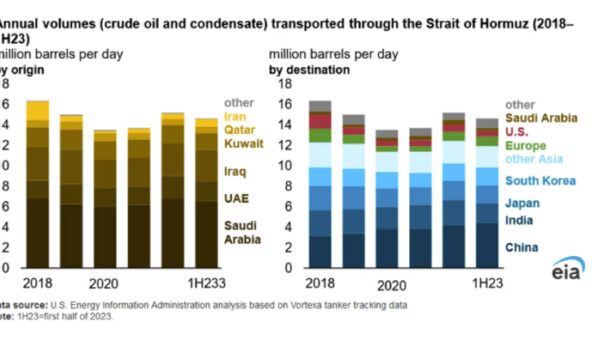
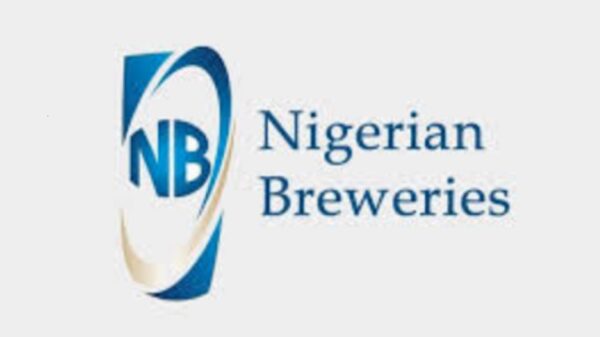




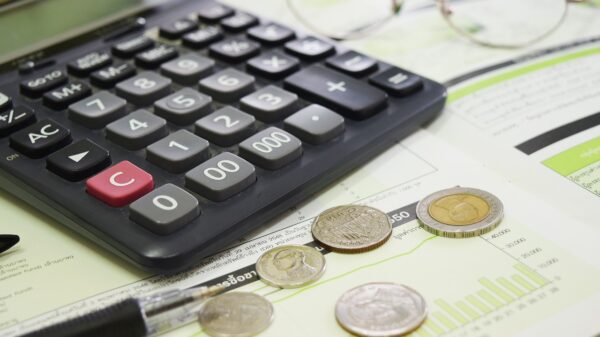
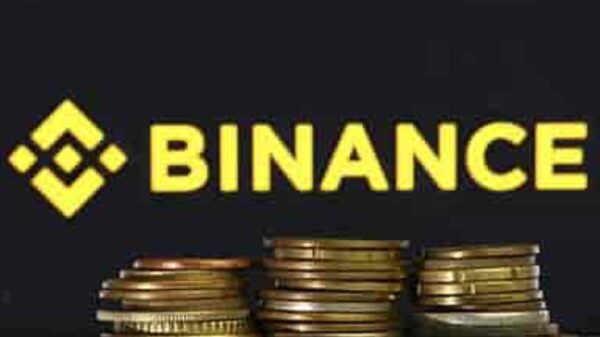
































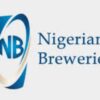

You must be logged in to post a comment Login